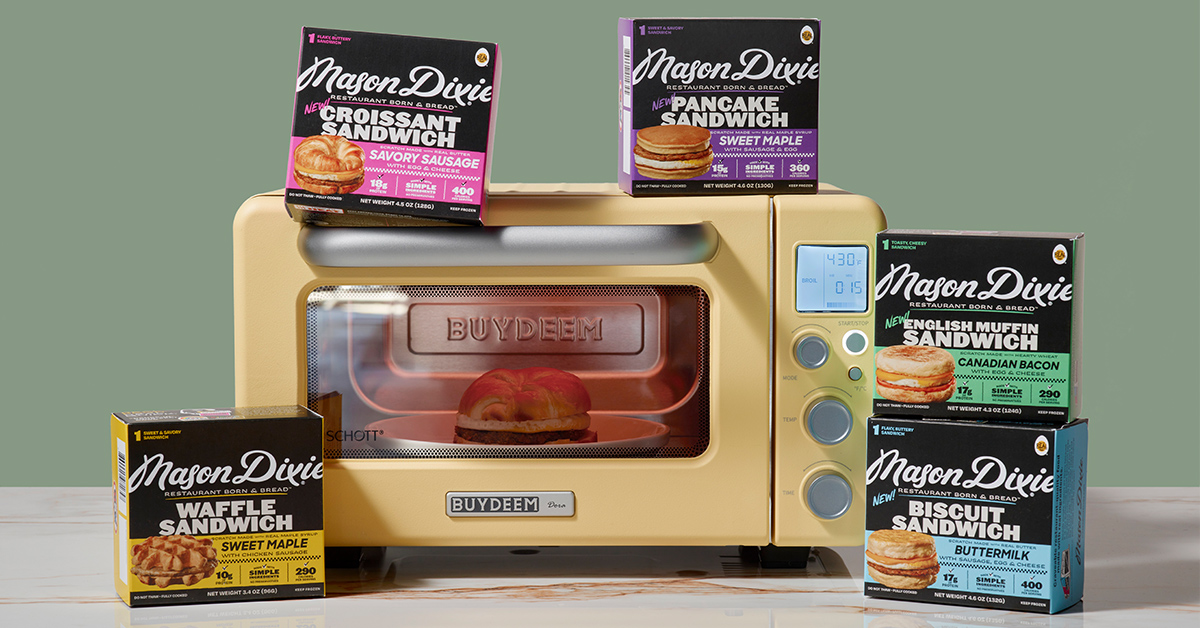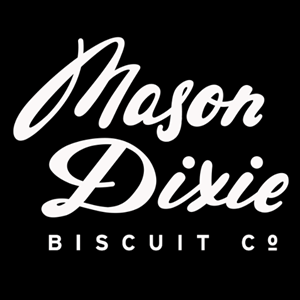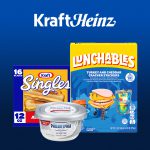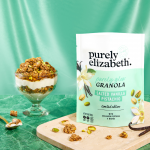Mason Dixie Taking Bigger Bite Out of Breakfast

Building on its success in the breakfast sandwich category, Mason Dixie Foods is expanding its range of frozen heat-and-eat offerings with new elevated takes on traditional fast-food options rolling out this week at Whole Foods Market stores nationwide.
New items include croissant sandwich with cheese, egg and pork sausage; pancake sandwich with pork sausage and egg; and English muffin sandwich with Canadian bacon, cheddar cheese and egg. A revamped version of the brand’s biscuit sandwich, first introduced three years ago, now features sliced cheese with egg and pork sausage on a buttermilk biscuit. Each sandwich has a suggested retail price of $4.49.
Additionally, a chicken sausage waffle sandwich, previously available exclusively at Whole Foods, is set to launch into additional retailers this year.
Ayeshah Abuelhiga, founder and CEO of Mason Dixie Foods, noted the expanded lineup is “complementary and incremental” and expects the products will draw new consumers to the frozen breakfast aisle.
“We started digging into the research to figure out what consumers felt was missing in the category, what they would like to see more of, and we realized that breakfast consumers are very religious about what they consume,” she told Nosh, referring to the types of breads consumed at the morning meal. “If you’re a biscuit sandwich girl, you’re going to have that three days a week, right?”
Like its core line of frozen biscuits and waffles, the breakfast sandwiches tap into the brand’s restaurant roots and ethos of clean, convenient comfort foods. All Mason Dixie products are free from preservatives, corn syrup, artificial colors and flavorings, oils, bleach, protein substitutes, gums and aluminum.
Over the past decade, Mason Dixie has evolved from a small food hall stall to a multimillion-dollar retail brand. Abuelhiga, previously a project manager in the automotive technology industry, opened her Mason Dixie Biscuit Co. restaurant concept in Washington, D.C., with aspirations to build a multi-unit chain serving cleaner versions of popular Southern dishes. Her scratch-made biscuits were such a hit that customers asked her to package and sell the frozen dough.
Though the eatery shuttered during the pandemic, demand and distribution for Mason Dixie’s grocery products have continued to rise. The brand’s sales have increased 87% over the past three years, and its products are now sold in more than 6,000 retail doors, including Whole Foods Market, Costco, Sprouts, Giant and Harris Teeter, among others. The company also is growing its footprint in the foodservice channel, forging partnerships with Marriott International as well as independent coffee shops and cafes.
“Our mission is to make people feel good about the food they crave,” Abuelhiga said. “This is an exciting reinvention of our restaurant identity, but also an opportunity to take the world where it’s headed.”
Mason Dixie previously offered freezer-to-oven scones and sweet rolls but discontinued those lines after noting the opportunity in breakfast sandwiches, which can be prepared faster and appeal to more consumers, particularly Gen Z.
Breakfast sandwiches sales have skyrocketed in recent years, reaching $2.4 billion at U.S. grocery and convenience stores in 2023, up from nearly $1.5 billion in 2019, according to NIQ data cited in The Washington Post. Additionally, per Circana, breakfast sandwiches were the fastest-growing item at fast-food restaurants last year. This surge has come at the expense of other morning meal mainstays, specifically cereal, which has been in decline for years, minus a pandemic-driven bump.
Abuelhiga sees the natural products industry shifting back towards simple ingredients and back-to-basics cooking formulations. Several other brands, including Myles Comfort Foods and Lexington Bakes, are pursuing similar opportunities to produce indulgent foods with clean labels.
“It’s a lesson learned for this industry and future entrepreneurs looking to innovate,” she said. “You don’t need to invent something brand new, especially in a capital-constrained environment like we are in.”


















